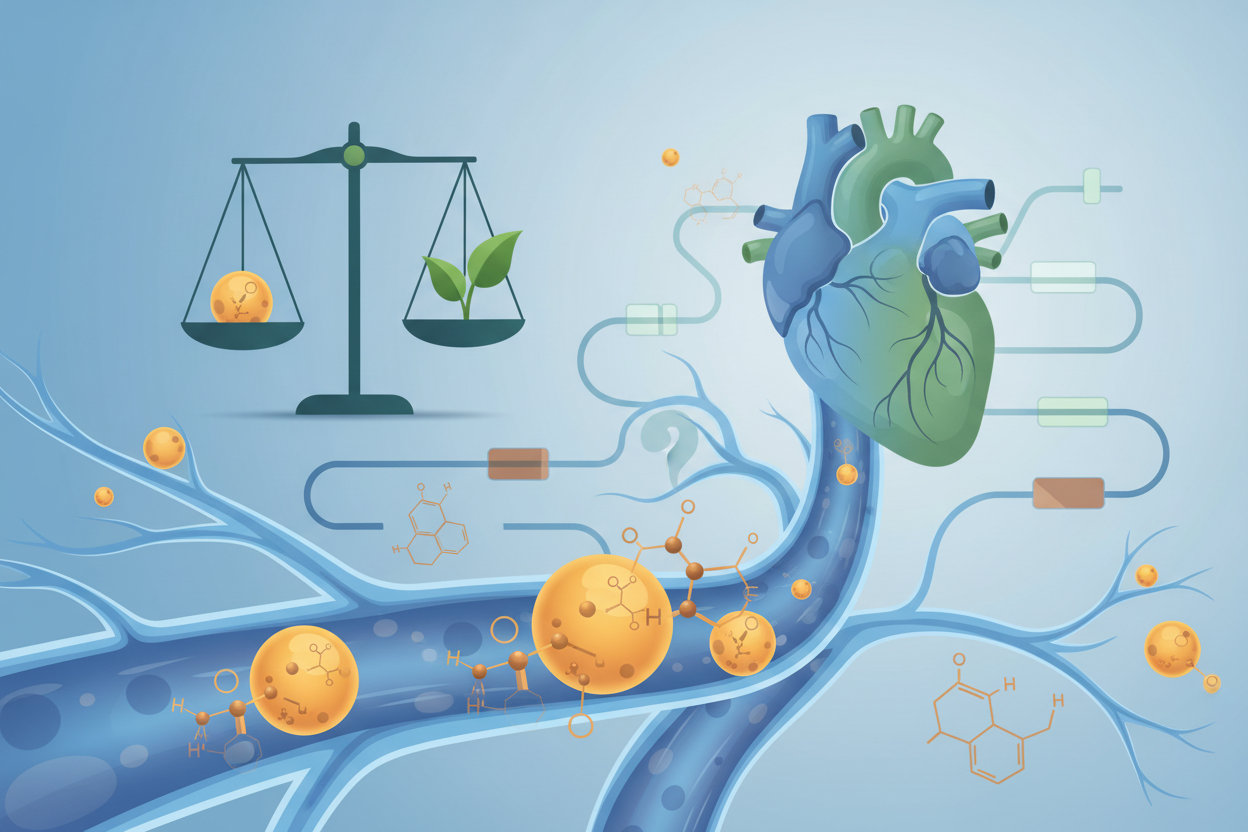In our modern household, the dishwasher is an indispensable helper. It saves us time and energy, while our glasses and plates come out sparkling clean. However, few of us consider the impact that detergents can have on our health, specifically on our intestinal barrier. A recent study led by Dr. Ismail Ogulur has brought alarming findings that should not go unnoticed.
What is the intestinal epithelial barrier and why is it important?
Our intestines are not just a tube through which food passes. They are complex and sophisticated organs that play a key role in our overall health. The intestinal wall is covered with a single layer of epithelial cells that form a barrier between the outside world (intestinal contents) and our internal environment. This barrier is selectively permeable, meaning it allows the passage of nutrients and water but prevents the entry of harmful substances, toxins, and pathogens.
When this barrier is intact, it acts as a shield protecting our body. However, if its integrity is compromised, unwanted substances can enter our bloodstream, leading to inflammation, infections, and various health problems.
How do cleaning agents damage our intestines?
The study by Dr. Ogulur titled "Damage to the Intestinal Epithelial Barrier Caused by Dishwashing Detergents and Rinsing Agents" reveals alarming mechanisms by which common dishwashing detergents can disrupt our intestinal barrier.
Many conventional detergents contain harsh chemicals such as phosphates, bleaches, sulfates, and other surfactants. While these compounds effectively remove dirt and grease from dishes, they can also have a negative impact on our intestinal cells.
Research shows that these chemicals can cause inflammation, oxidative stress, and even apoptosis (programmed cell death) of intestinal epithelial cells. Repeated exposure to these substances can lead to chronic damage to the intestinal barrier, medically referred to as "leaky gut syndrome" or "leaky gut."
Consequences of a damaged intestine
When our intestinal barrier is compromised, toxins, partially digested food particles, and pathogens can penetrate the bloodstream and trigger a systemic inflammatory response. Chronic low-grade inflammation is associated with a wide range of health issues, including:
- Inflammatory bowel diseases (IBD)
- Irritable Bowel Syndrome (IBS)
- Food allergies and intolerances
- Autoimmune diseases such as multiple sclerosis, rheumatoid arthritis, or lupus
- Metabolic disorders such as obesity and type 2 diabetes
- Neurological issues such as anxiety, depression, and mood disorders
- Some types of cancer
Although detergents are not the only factor contributing to these conditions, their role in disrupting the intestinal barrier should not be underestimated.
How to protect your intestines?
If this information concerns you, you are not alone. Fortunately, there are steps we can take to minimize the risk of damage to our intestines from detergents:
1. Choose gentle, natural cleaning products: Avoid products with a long list of impenetrable chemical names. Prefer brands that use simple, plant-based, and biodegradable ingredients.
2. Rinse thoroughly: Even when using eco-friendly products, it is important to rinse the dishes thoroughly after washing to remove all residues.
3. Consider hand washing: For particularly sensitive individuals, hand washing dishes with gentle detergents may be the safest option.
4. Strengthen your gut barrier from within: A healthy and balanced diet rich in fiber, probiotics, and anti-inflammatory foods can help keep your gut barrier strong and resilient.
Conclusion
Dr. Ogulura's study is an important warning about the hidden dangers that may lurk in our dishwasher. Although further research is needed to fully understand the long-term effects of exposure to detergents, the precautionary principle is a rational choice of gentler alternatives.
The health of our intestines is the foundation of our overall health and well-being. They deserve our full attention and care. Informed choices in your kitchen can make a big step towards protecting this vital part of your body.
Don't leave your gut health to chance. Choose your cleansing products wisely and make caring for your gut barrier a priority. Your body will thank you.





Leave a comment
This site is protected by hCaptcha and the hCaptcha Privacy Policy and Terms of Service apply.